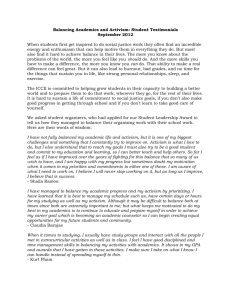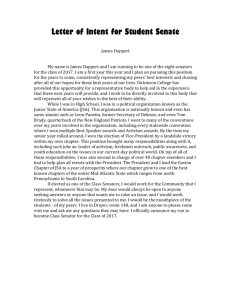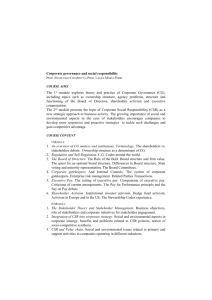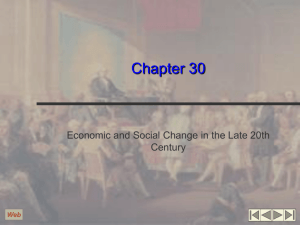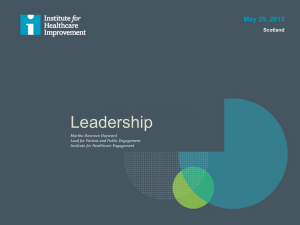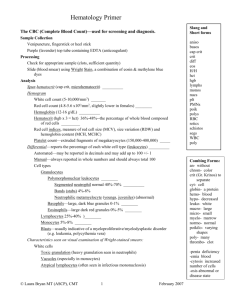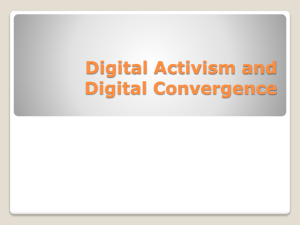View the PowerPoint slides
advertisement
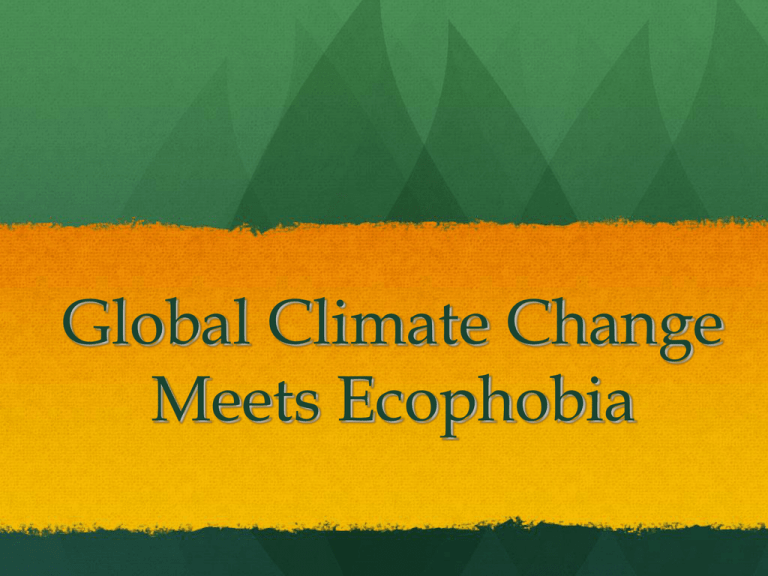
Global Climate Change Meets Ecophobia Environmental Learning and Activism Swiss National Science Foundation Study, Matthias Finger The study compared adults whose knowledge about the environment was based mostly on media presentations of ecological catastrophes vs. adults whose knowledge about the environment came from extensive nature experiences and activism, Finger found that, “environmental behavior is less the result of learning and knowledge and more the result of particular environmental experiences,” and that, “some environmental learning does not necessarily translate into more responsible behavior towards the environment and can even be counterproductive.” First, “Nature experiences seem to be a necessary condition for any type of environmentally responsible behavior.” Second, “Experiences of environmental activism emerge as another crucial condition for any environmental behavior. ” Third, “Fear and anxiety of environmental problems has the potential to turn environmental education into a counter-productive activity.” Fourth, “When low fear is involved, environmental knowledge and information do make a difference in terms of environmental behavior.” A review of the biographies of environmentalists When Louise Chawla of Kentucky State University reviewed these studies, she found a striking pattern. Most environmentalists attributed their commitment to a combination of two sources, "many hours spent outdoors in a keenly remembered wild or semiwild place in childhood or adolescence, and an adult who taught respect for nature." “Hands on experience at the critical time, not systematic knowledge is what counts in the making of a naturalist. Better to be an untutored savage for a while and not to know the names or anatomical detail. Better to spend long stretches of time just searching and dreaming. The Relationship between Nature Play and Adult Environmental Behavior *Wild nature play correlates with environmental attitudes and behaviors. *Domesticated nature play correlates with environmental attitudes and only slightly with behaviors. *Environmental education correlates with neither. Wells and Leckies, “Nature and the Life Course “ Iowa Farmers Study Jim Pease Childhood Experience & Adult Environmental Behaviors *hunting and fishing with parents as children *berry picking and mushroom collecting with parents as children *horse-back riding *access to play in natural area *reading books about nature Ladder of Environmental Responsibility grades 4-6

